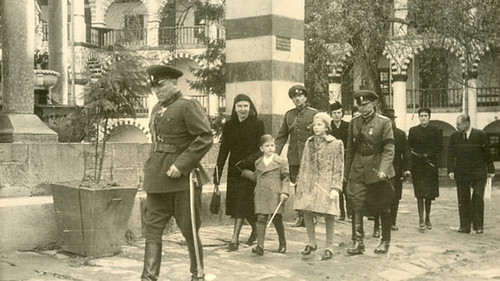Black Friday, a massacre by soldiers against protesters in Tehran, results in 88 deaths, it marks the beginning of the end of the monarchy in Iran.
The Black Friday massacre, also known as the Jaleh Square massacre, occurred on September 8, 1978, in Tehran, Iran. On this day, thousands of Iranians gathered in Jaleh Square to protest against the government of the Shah. The protest was met with a brutal response from the security forces, resulting in a significant number of deaths. While the exact number of casualties remains disputed, it is estimated that dozens of protesters were killed. This event is considered a turning point in the Iranian Revolution, as it further fueled public anger and contributed to the downfall of the Shah’s regime.
The Iranian Revolution continued to escalate after the Black Friday massacre, leading to the eventual departure of the Shah from Iran in January 1979 and the establishment of an Islamic Republic. Ayatollah Khomeini became the Supreme Leader of Iran, and the monarchy came to an end.


